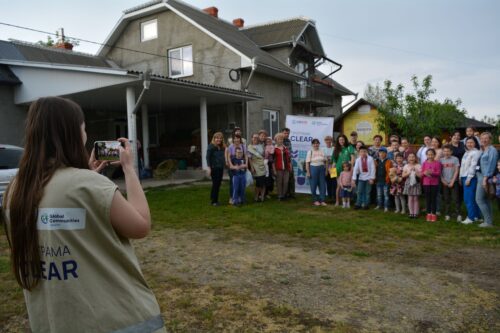55+ NGOs Call on Congress to Provide Supplemental International Assistance
The following letter was sent to the appropriations committees in the House and Senate. — Dear Chairwoman Granger, Chairwoman Murray,…
The following letter was sent to the appropriations committees in the House and Senate. — Dear Chairwoman Granger, Chairwoman Murray,…

The newest additions will join a group committed to solving some of the world's most pressing challenges.
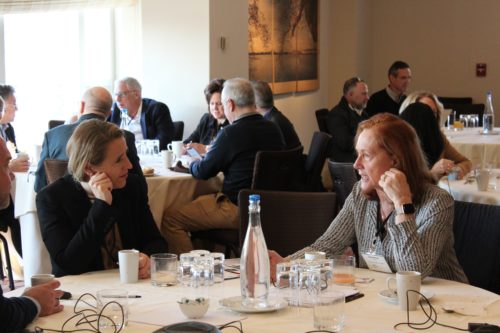
The leaders of InterAction, CARE, International Rescue Committee, Mercy Corps, Norwegian Refugee Council, Oxfam, and Refugees International are calling on donors to restore funds for UNRWA.
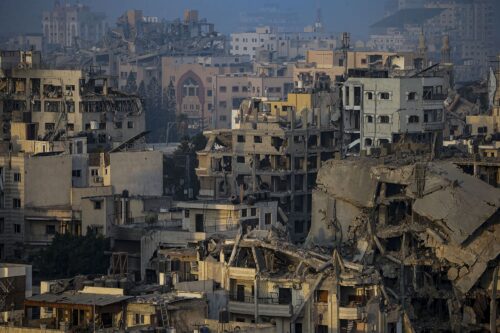
This document from the International Rescue Committee outlines IRC's commitment to safeguarding. Written by Sanj Srikanthan, Senior Vice President in Europe, this document will be useful for organizations looking for an example of safeguarding statements from senior leadership.
InterAction and the undersigned Members issued the following statement in response to the termination of thousands of life-saving awards.

Twenty-five percent of people giving birth in Guatemala, which has one of the highest…
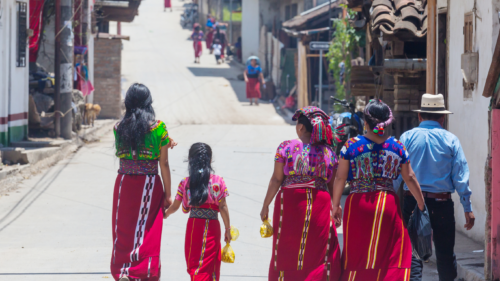
InterAction’s GBV Working Group will be publishing a blog series for the 16 Days of Activism dedicated to the role of women’s movements across crises and conflicts. Each of these blogs will showcase the centrality and role of either individual women or women-led movements and organizations across nine country or regional contexts.

In humanitarian organizations, frontline staff are the people most directly responsible for engaging with affected communities. They play a crucial…
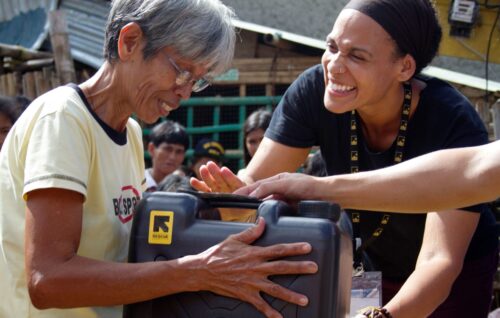
Conflict and violence around the globe have left about 47.2 million children displaced, 15 million of which are refugees. Of those 15 million children, 40% are out of school. The effects of displacement can be severe and far-reaching, impacting children’s mental and physical health as well as cognitive development, with significant follow-on effects on learning outcomes.
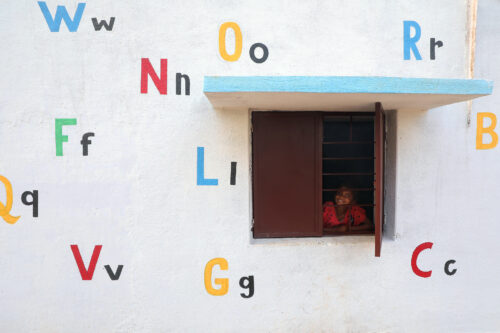
The brutal hostilities we are seeing in multiple conflicts around the world have exposed a terrible truth: We are living in an era of impunity. Attacks that kill or injure civilians, including humanitarian and health-care personnel, are devastatingly common. Yet despite widespread condemnation, serious violations of the rules of war too often go unpunished.
